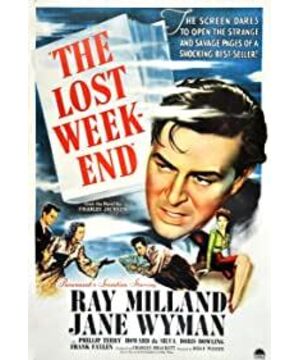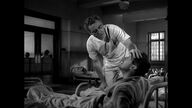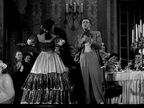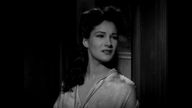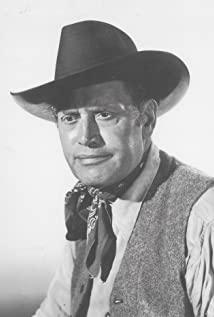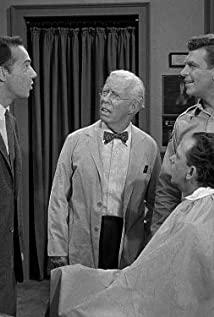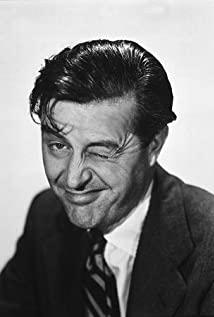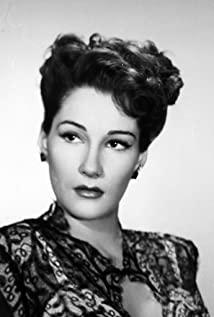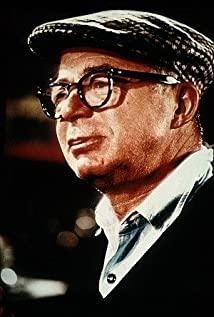Golden Hollywood is basically the world of genre films, either individual heroism or grand narrative themes, like Billy Wilder's focus on an alcoholic, it is really rare and rare. Of course, the success of the movie is inseparable from Mirand's wonderful performance, and his successful existence makes the movie a one-man show.
After all, alcoholism is a difficult subject to express, but Wilder succeeded in making this subject lively and interesting, mainly because the structure of the movie makes the plot full of tension. For example, the film created suspense from the beginning, and showed the protagonist’s alcohol addiction into three points; then through two flashbacks, the cause and effect of the protagonist’s alcoholism were explained clearly. At the same time, the two narrative flashbacks complemented the description of the author’s identity. On the one hand, it enriches the structure of the film, which is quite clever.
After the introduction of the protagonist, they set up obstacles one by one to make the protagonist go to a climax and fall into the abyss. Therefore, the nightmare hallucinations of alcoholism are really subtle, which realizes the image and concreteness of the blurred state of alcoholism, with a touch of film noir style. According to this line of thinking, development should have moved towards tragedy, but Wilder chose happy ending in the end, which is surprising. Of course, from the narrative point of view, the ring structure is a successful example; but the plot is an unfinished failure.
The details and use of space in the movie are amazing. For example, the protagonist has misplaced the beginning and end of the cigarette after smoking countless times, showing the drunkard temperament; and the use of mirrors and shadows is also impressive. Generally speaking, the movie is full of observability except for the end, which is Wilder's most powerful feature.
View more about The Lost Weekend reviews


